Renewable Energy is energy generated from natural resources – such as sunlight, wind, rain, tides and geothermal heat – which are naturally replenished. In 2008, about 18% of global final energy consumption came from renewables, with 13% coming from traditional biomass, such as wood burning. Hydroelectricity was the next largest renewable source, providing 3% (15% of global electricity generation), followed by solar hot water/heating, which contributed with 1.3%. Modern technologies, such as geothermal energy, wind power, solar power, and ocean energy, provided some 0.8% of final energy consumption. The book provides a forum for disseminating and exchanging up-to-date scientific information on theoretical, generic, and applied areas of knowledge. The topics deal with new devices and circuits for energy systems, photovoltaic and solar thermal, wind energy systems, tidal and wave energy, fuel cell systems, bio energy and geo-energy, sustainable energy resources and systems, energy storage systems, energy market management and economics, off-grid isolated energy systems, Energy in transportation systems, energy resources for portable electronics, intelligent energy power transmission, distribution and interconnectors, Energy-efficient utilization, environmental issues, energy harvesting, nanotechnology in Energy, policy issues on renewable energy, building design, power electronics in energy conversion, new materials for energy resources, and RF and magnetic field energy devices. Authors have made an effort to accommodate all forms of literature, analytical examples, and most importantly, present status quo, which shall benefit the reader to understand the topic better and trigger their capabilities to contribute significant innovation in the near future to have a better future sustainable global Energy.

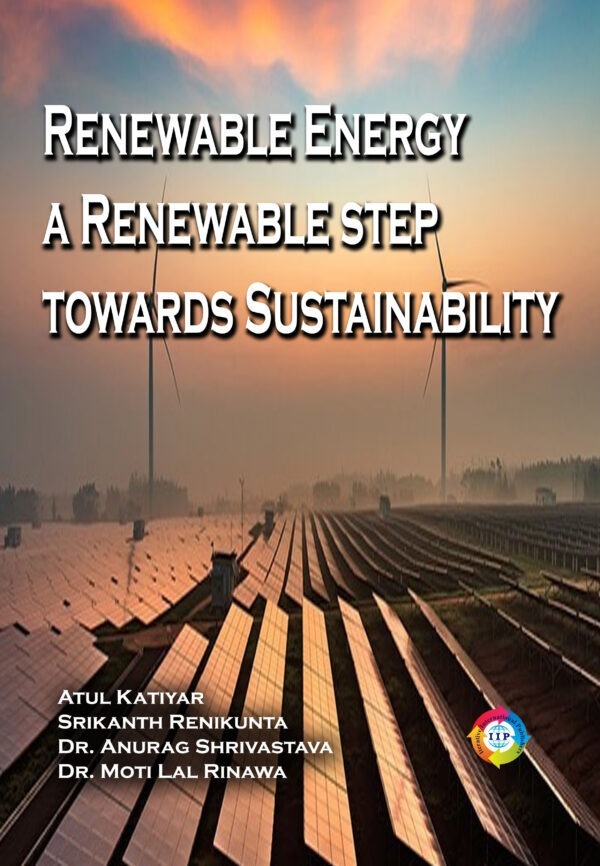
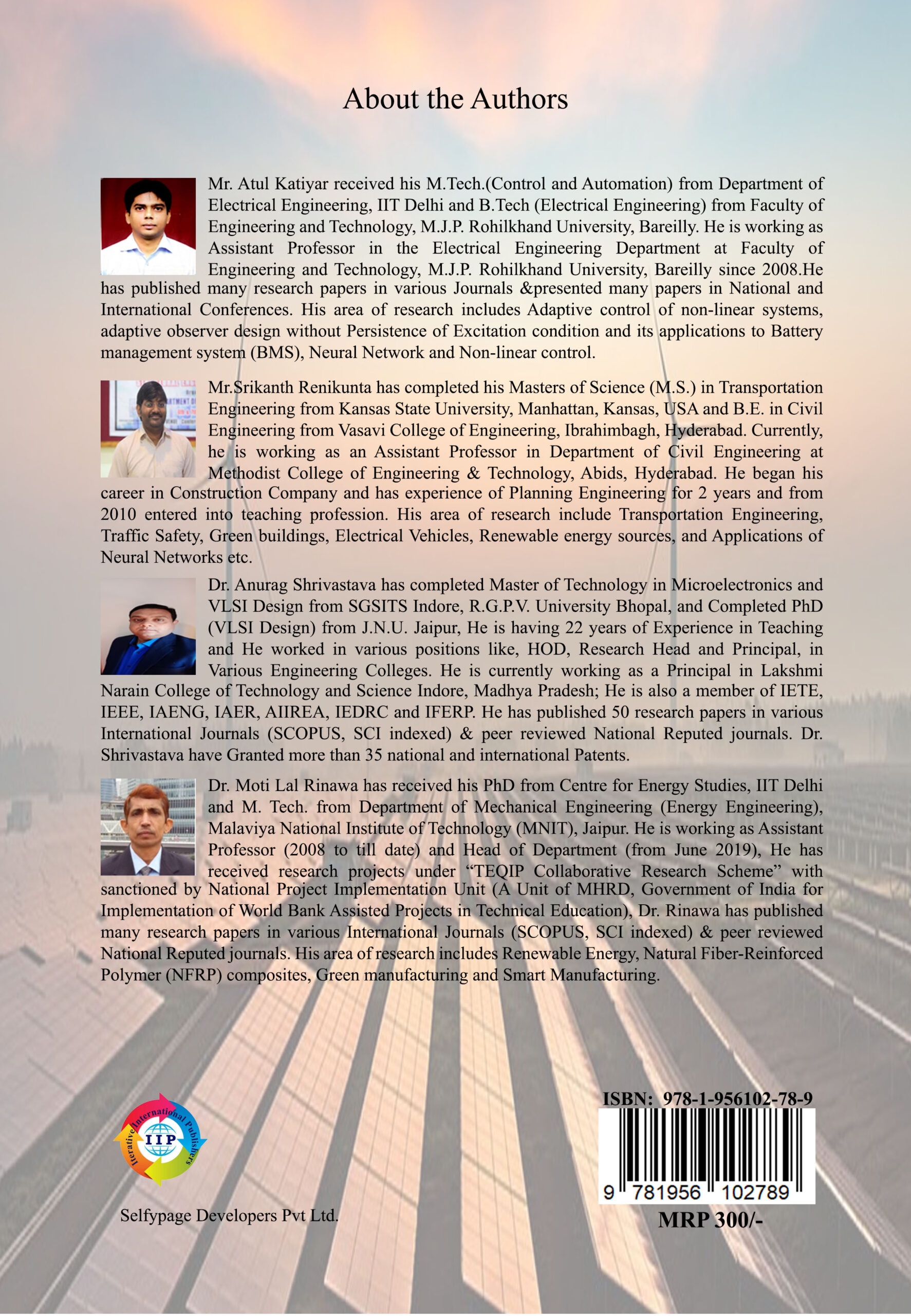
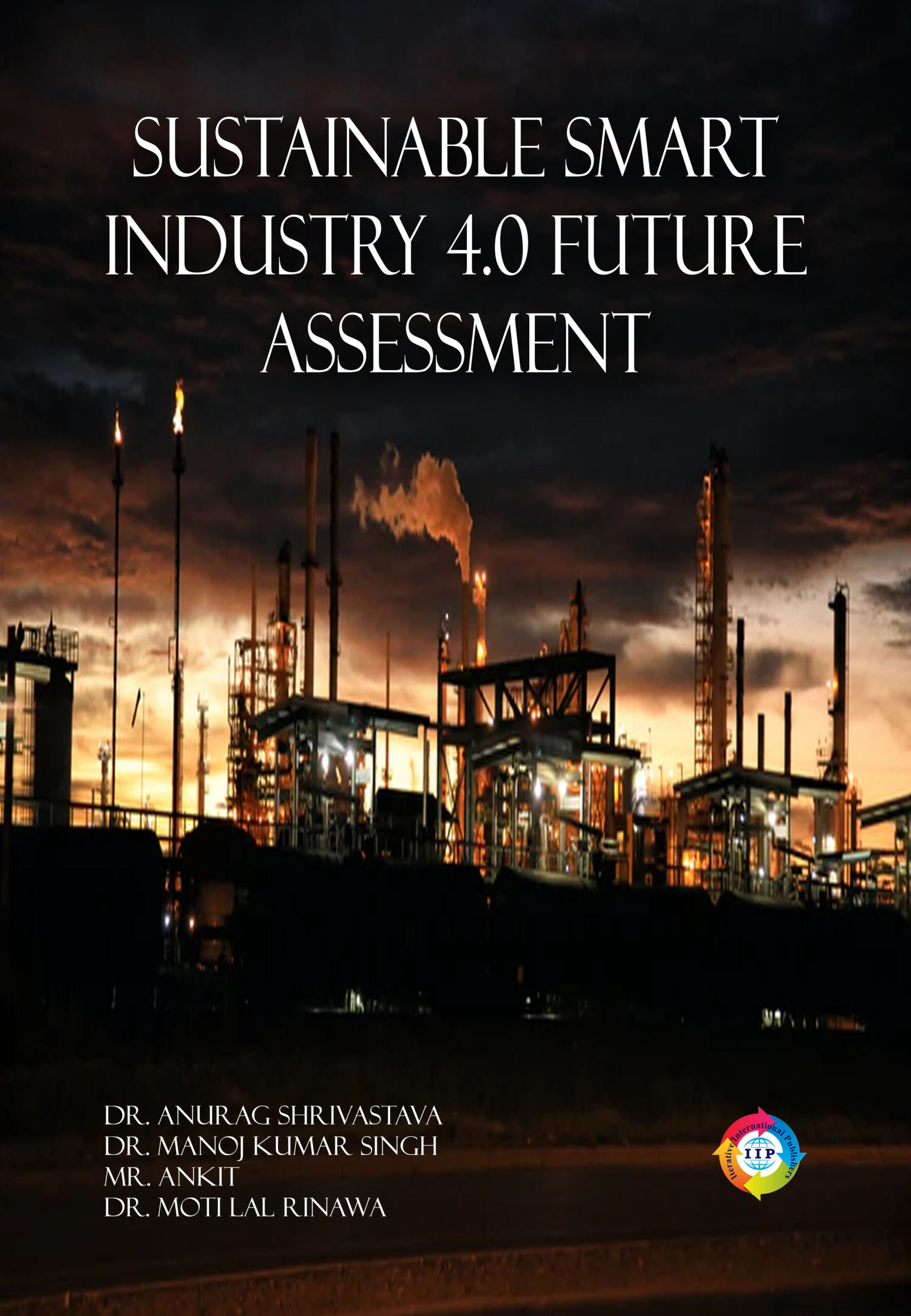

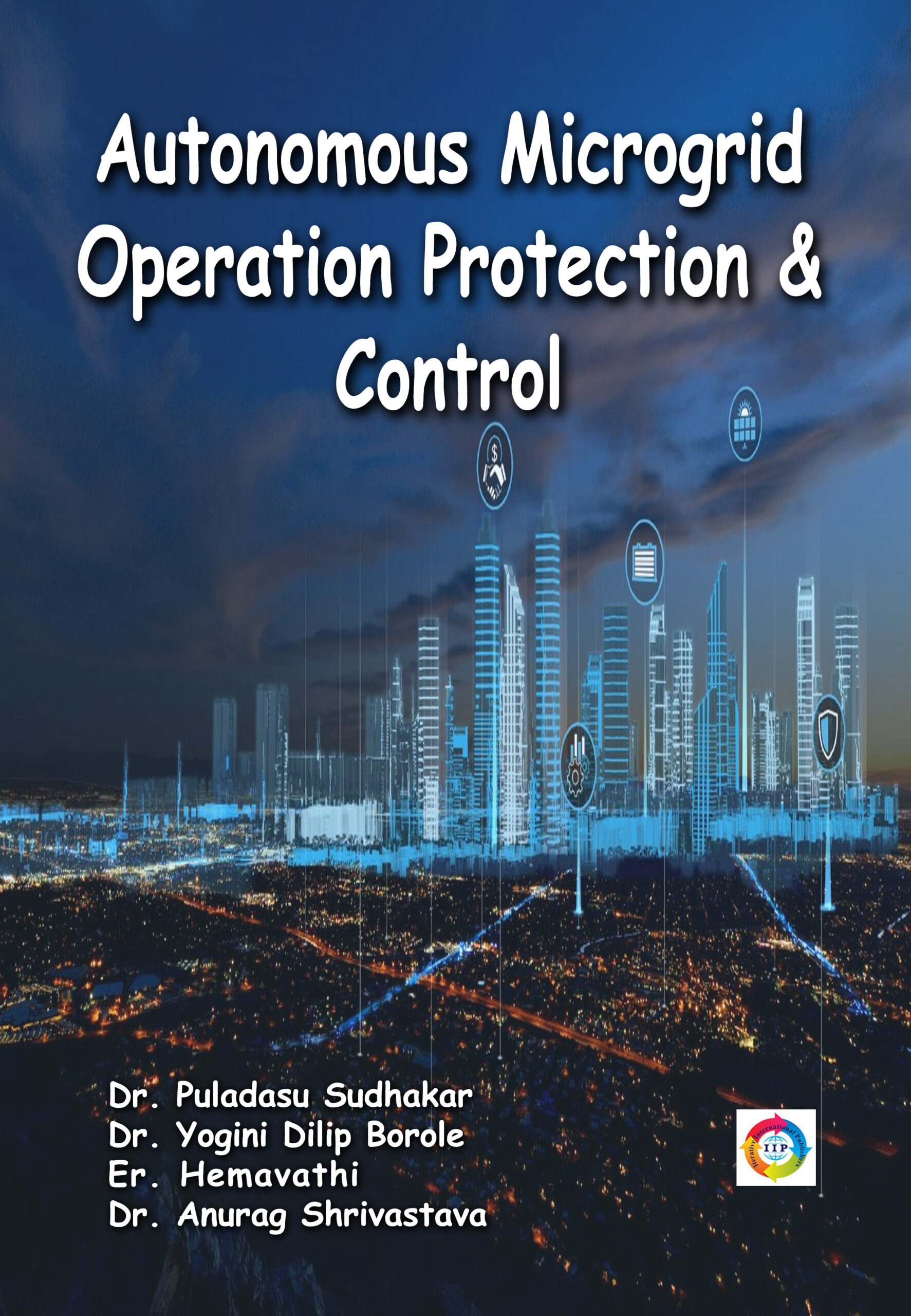
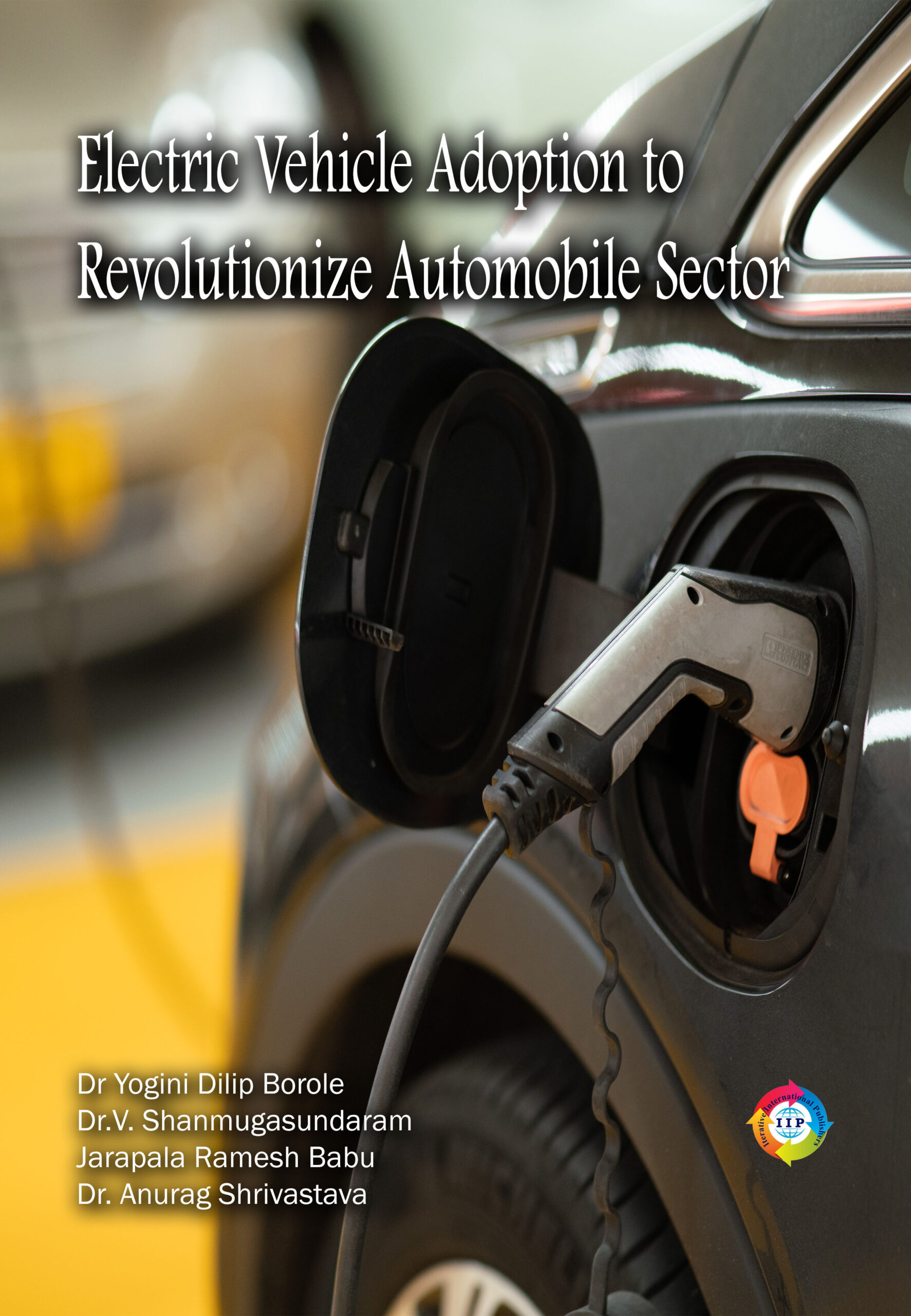
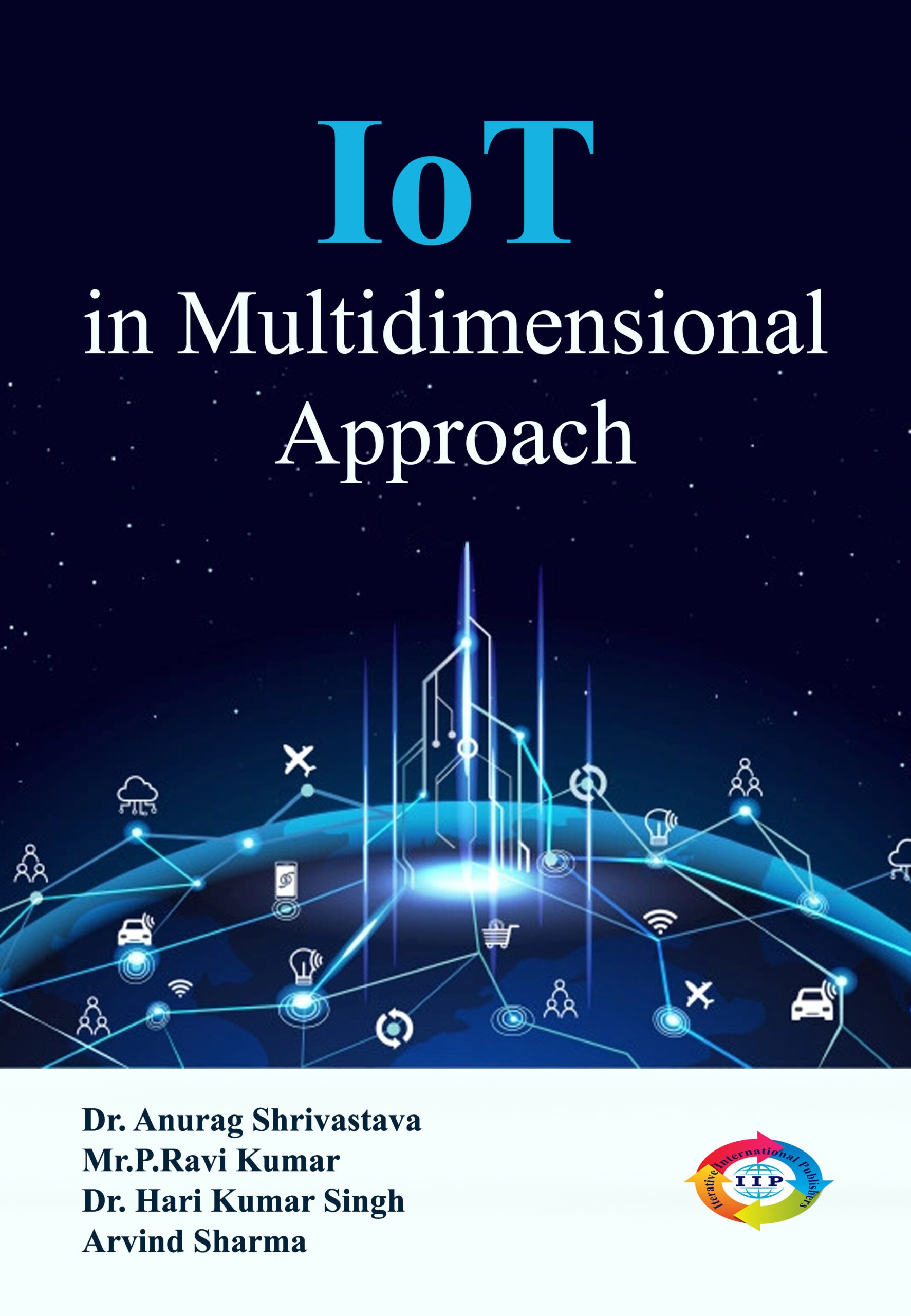
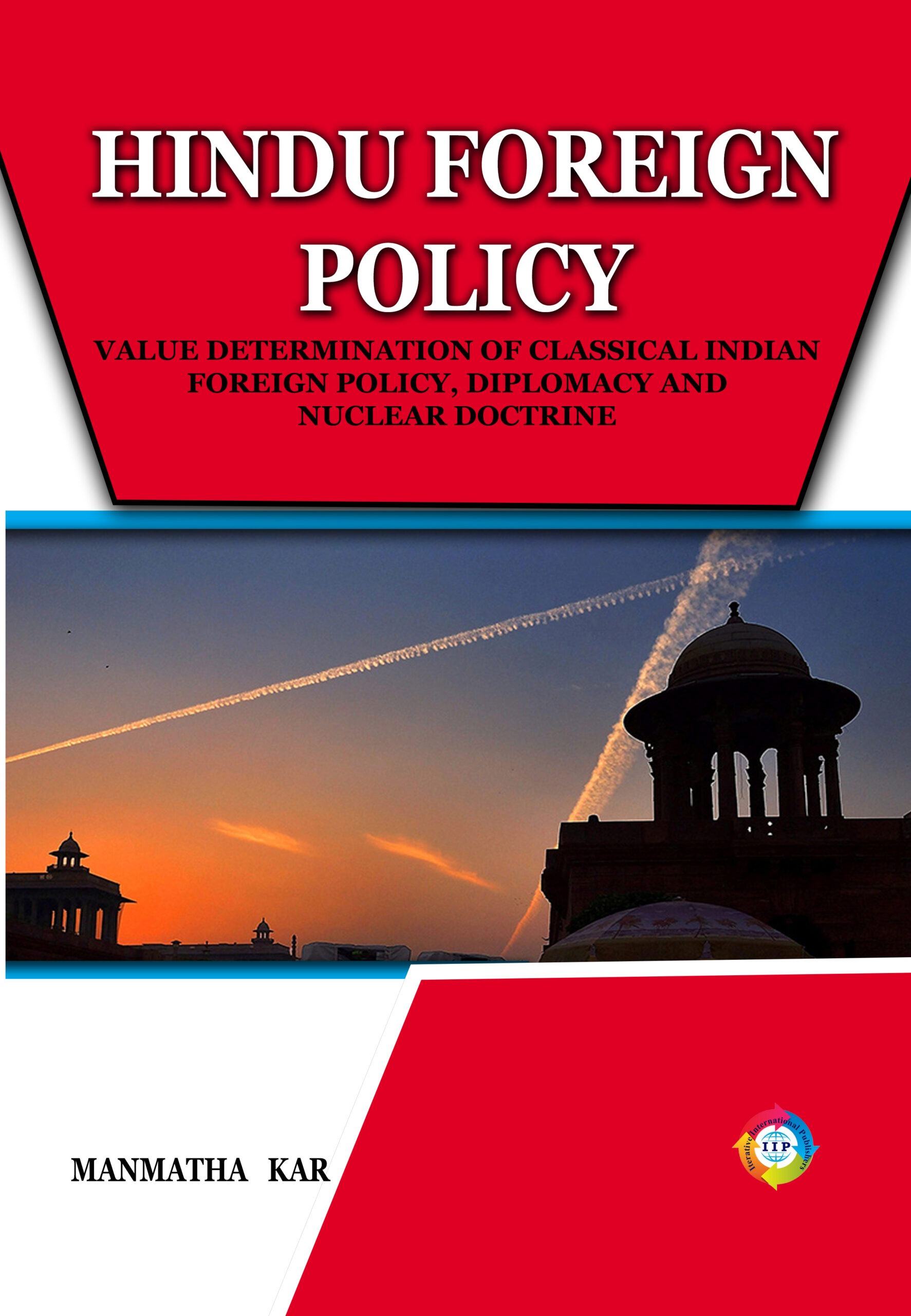
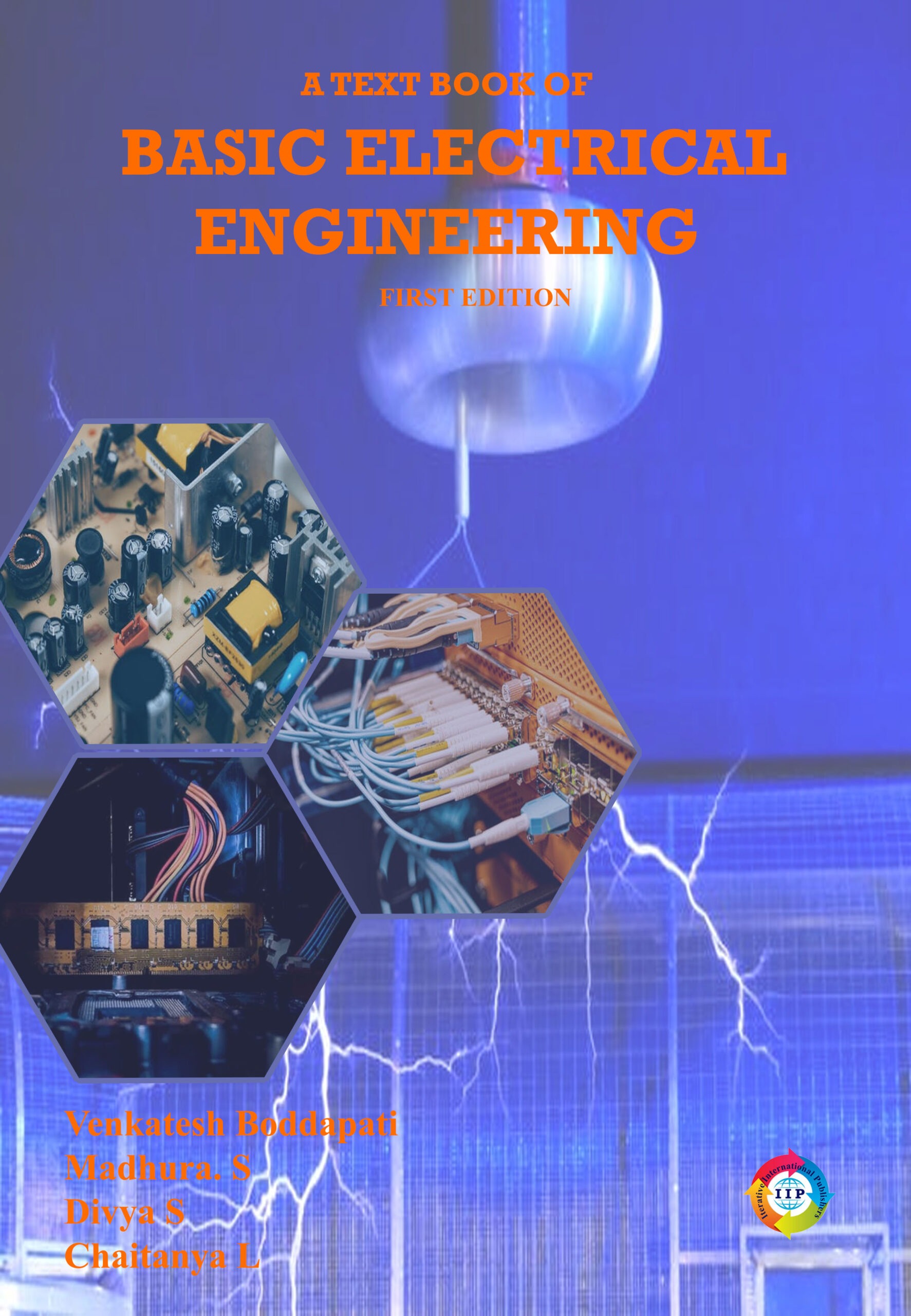

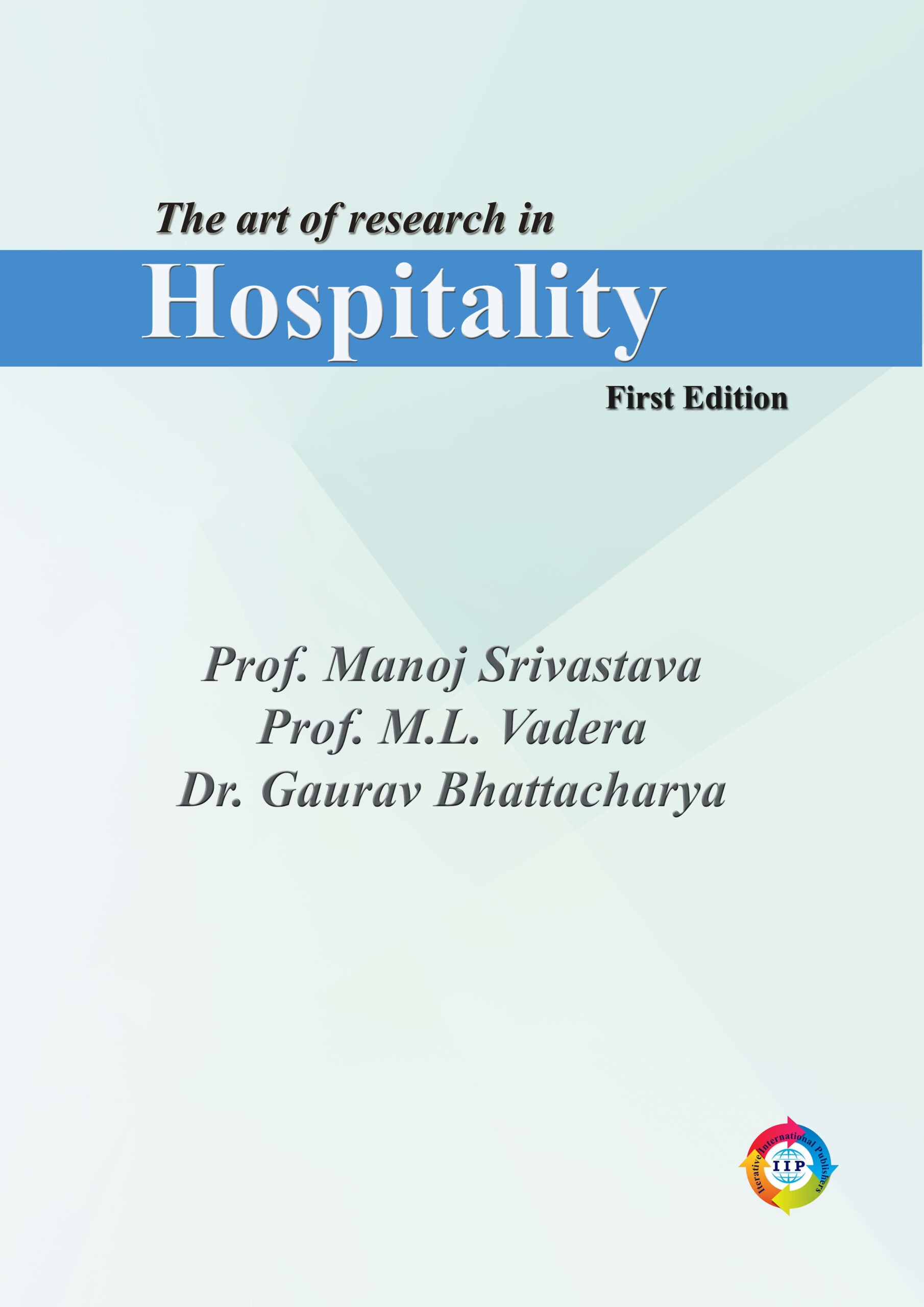
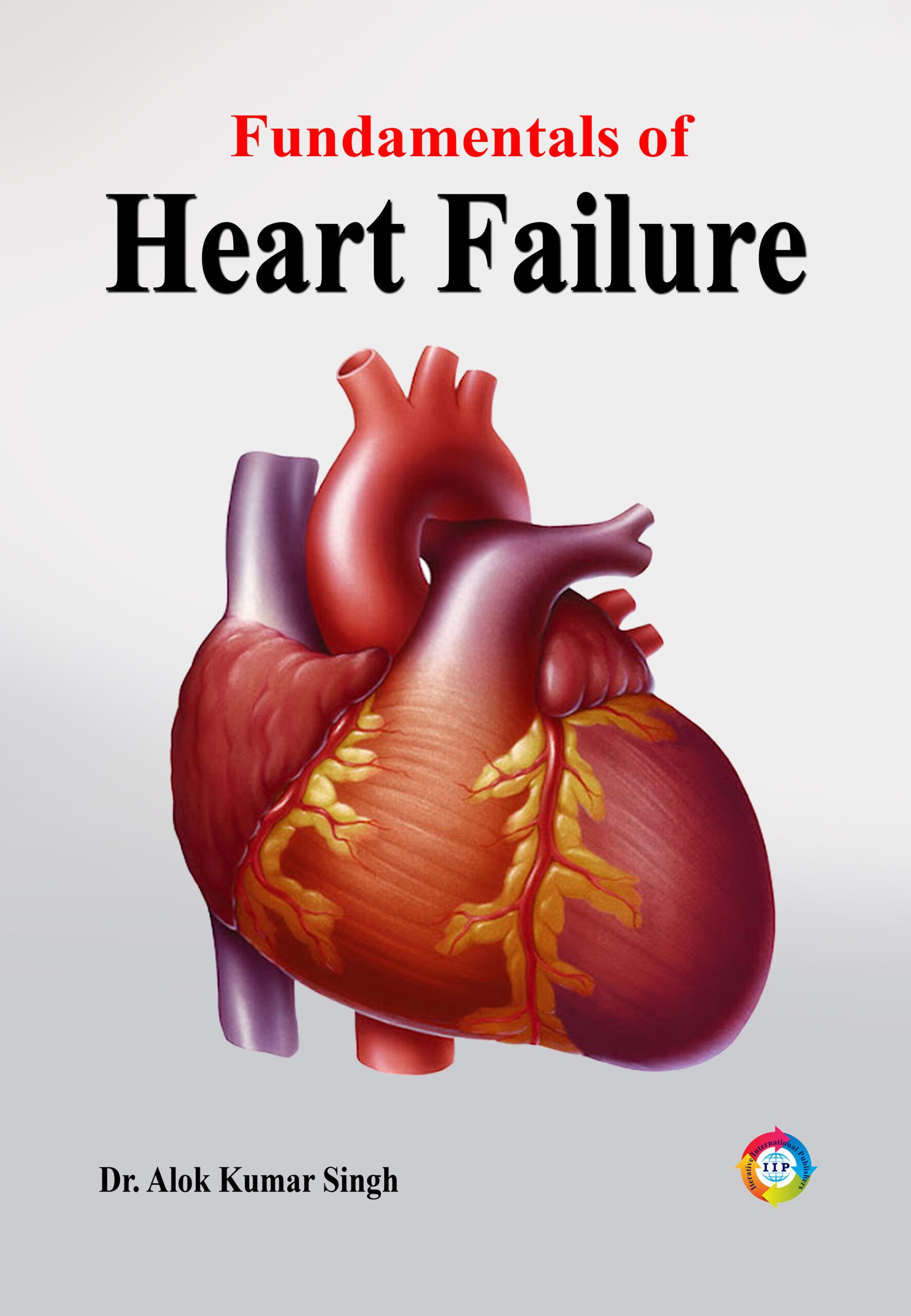

Reviews
There are no reviews yet.